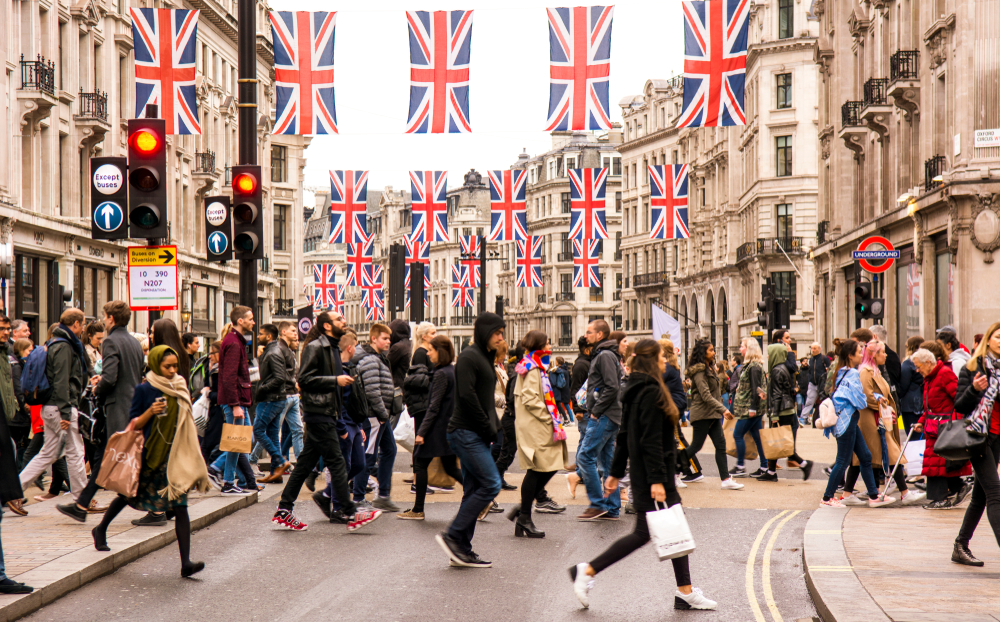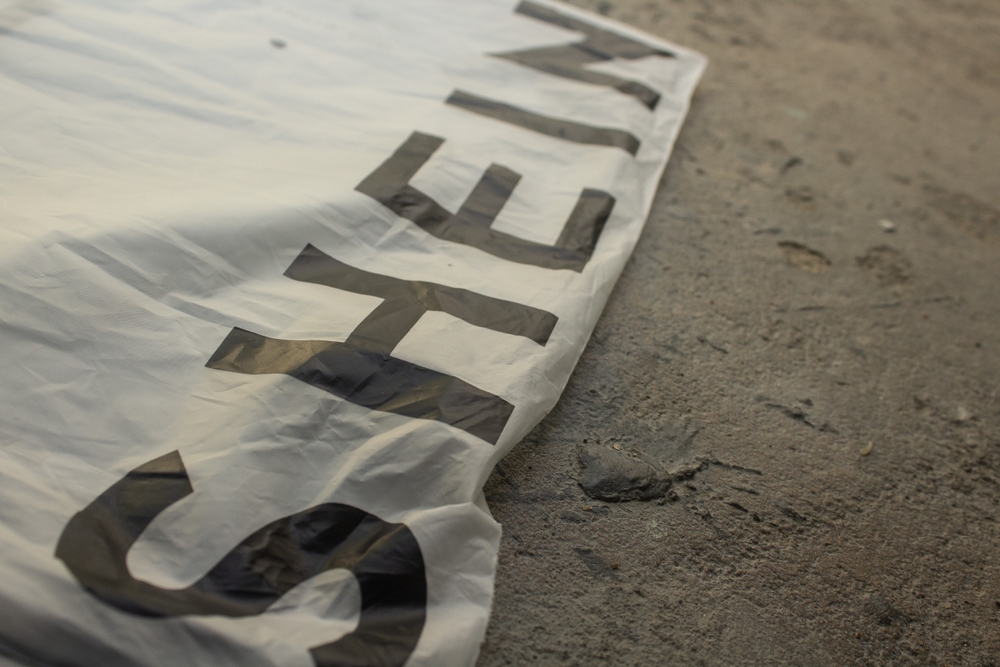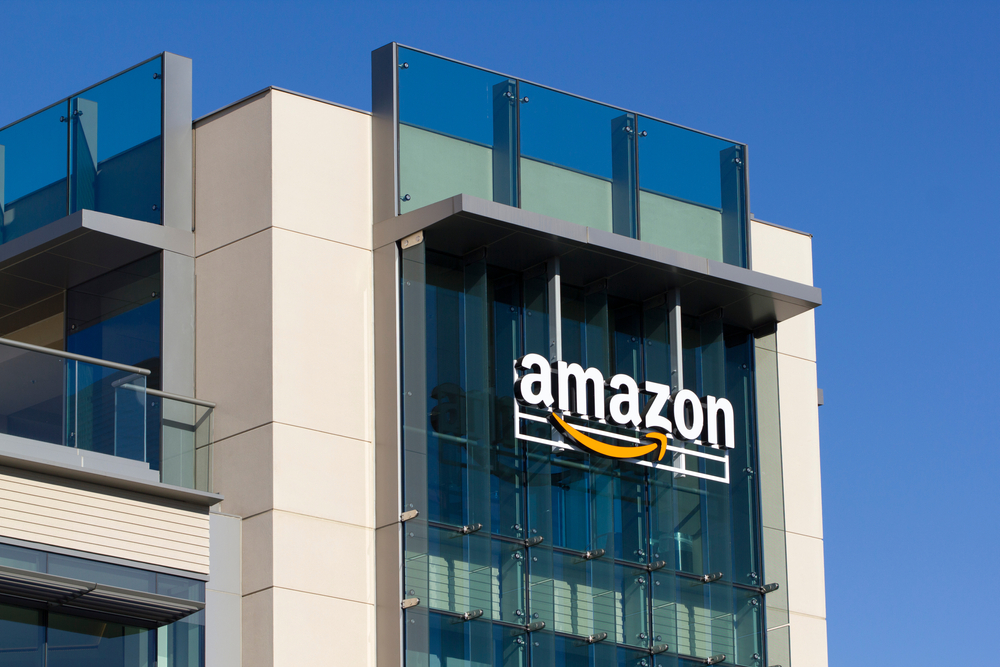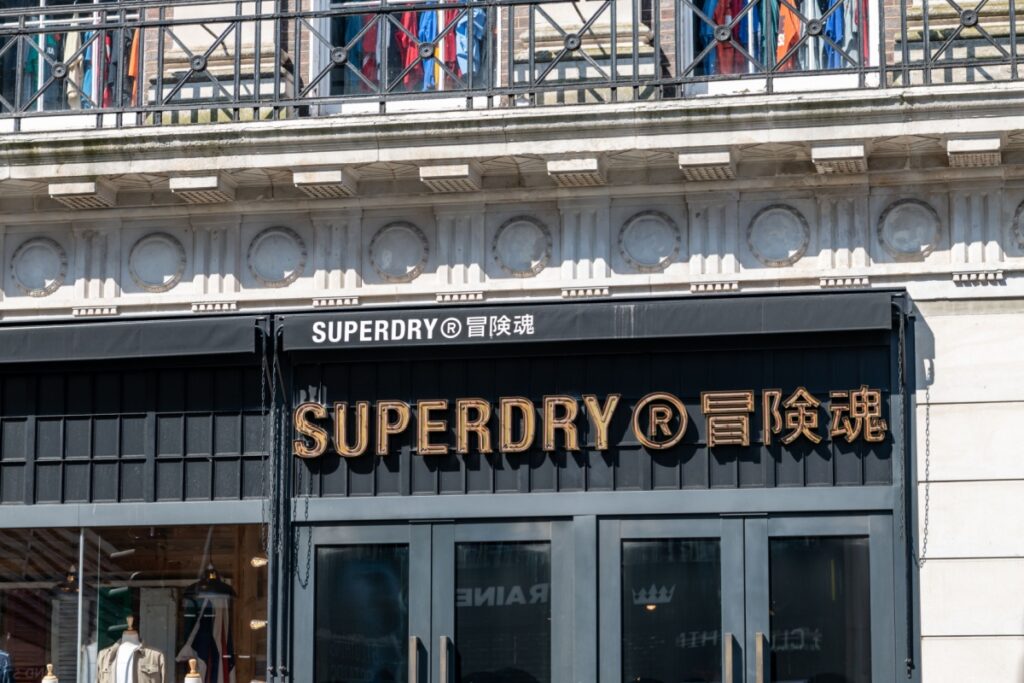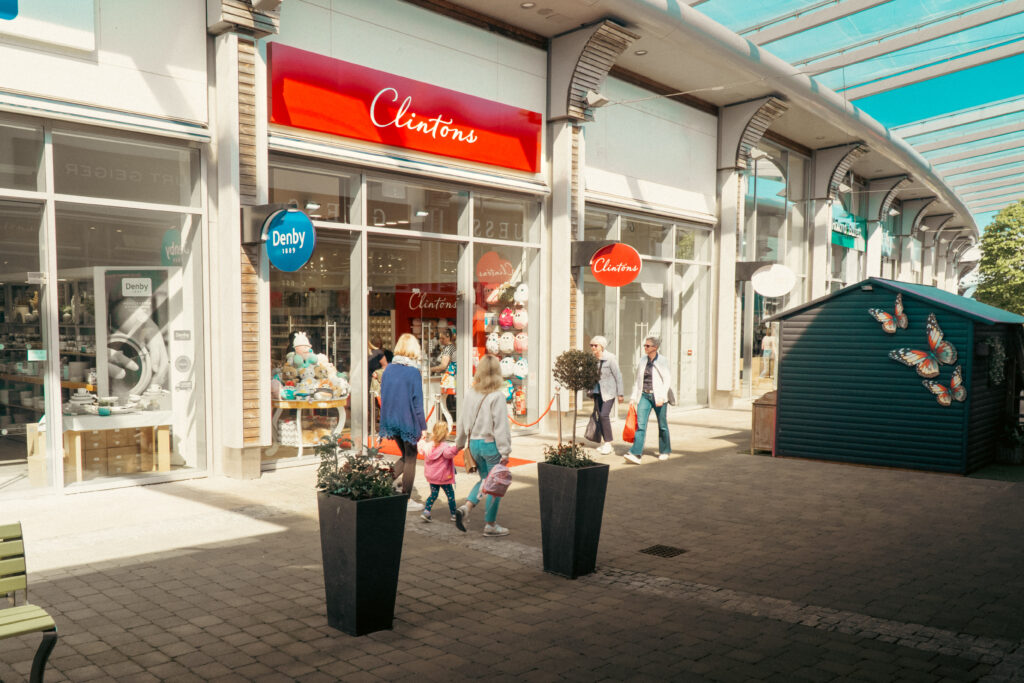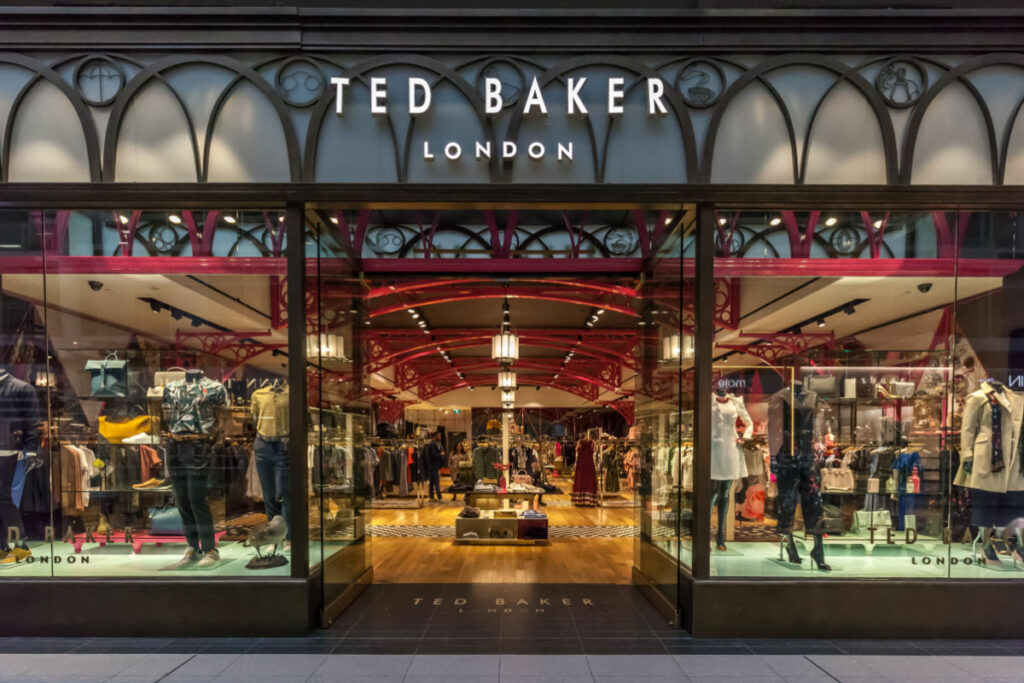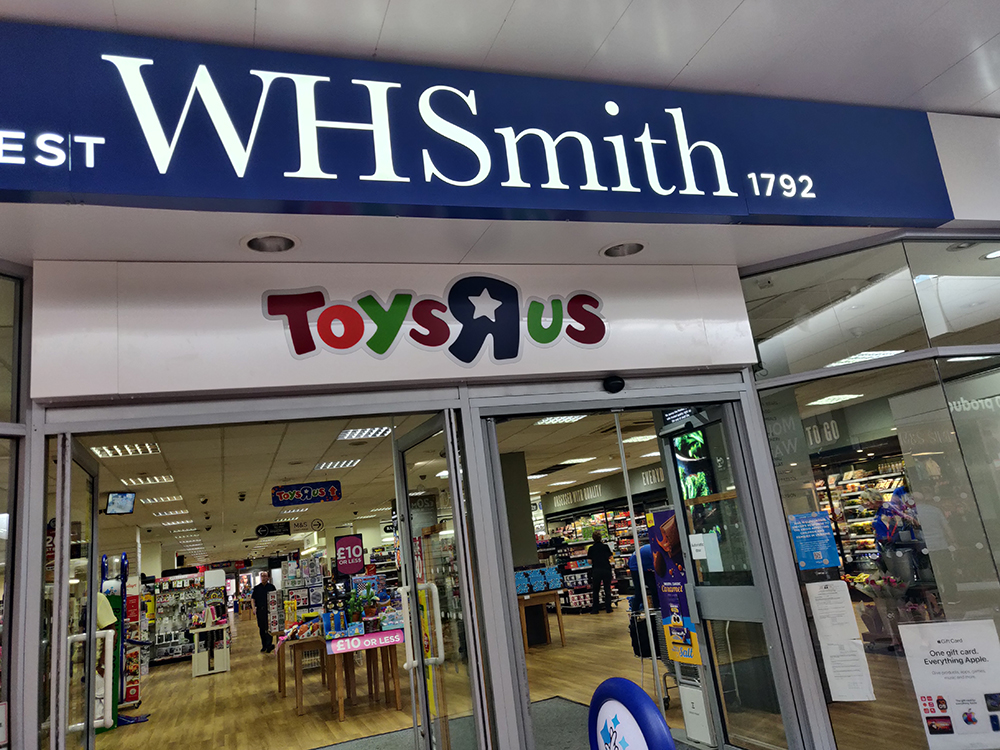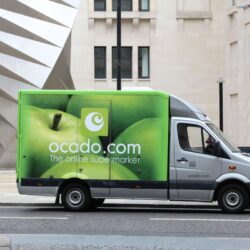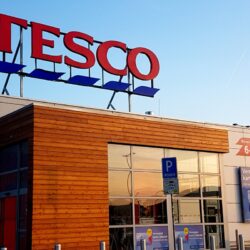From closing stores to reconfiguring product lines, the end of tax-free shopping for tourists has plagued the retail industry since it was axed at the end of 2020 as part of the government’s Brexit plans.
The initiative was set to return last year when the country’s short-lived chancellor of the exchequer Kwasi Kwarteng announced he would reinstate the scheme during the Autumn Budget of 2022.
A month later the policy was scrapped by his replacement Jeremy Hunt, who said “not proceeding with this scheme is worth around £2bn a year”.
However, Liberty chief executive Adil Mehboob Khan says the decision “turned out to be a remarkable own goal” with the UK losing out on billions of pound worth of spend as overseas visitors head to mainland Europe for their shopping instead.
In fact, the Centre for Economics and Business Research has calculated that the “tourist tax” is costing the UK £10.7bn in lost GDP and deterring two million tourists from visiting the country per year.
This is set to worsen next year as the 2024 Olympics in Paris will ensure the French capital is “on every European itinerary”, Fortnum & Mason boss Tom Athron points out, warning that the retail industry could be in for another “very tough summer next year”.
It’s an issue the industry is united on, with retailers including Harrods, Harvey Nichols, Mulberry, Pandora, Jigsaw and Watches of Switzerland speaking out on the negative impact of the tourist tax on their businesses.
It seems the industry-led campaign has worn down the government as the issue is now headed to Westminster at the start of September.
Ahead of the debate, Retail Gazette takes a look at how the retail industry has responded to the end of VAT-free shopping for overseas visitors and whether any replacement scheme could be a suitable alternative.
UK retail at a ‘20% disadvantage’
The decision to put an end to the VAT-free incentive has put businesses “at a 20% disadvantage” compared to their counterparts in mainland Europe, explains New West End Company chief executive Dee Corsi.
The hindrance is something felt widely across the retail industry, with Mulberry boss Thierry Andretta stressing the so called ‘tourist tax’ has “no doubt” played a role in the retailer’s slipping UK performance.
The luxury brand blamed the end of tax-free shopping when it shuttered its store on Bond Street in February, explaining its absence had “impacted footfall and sales”.
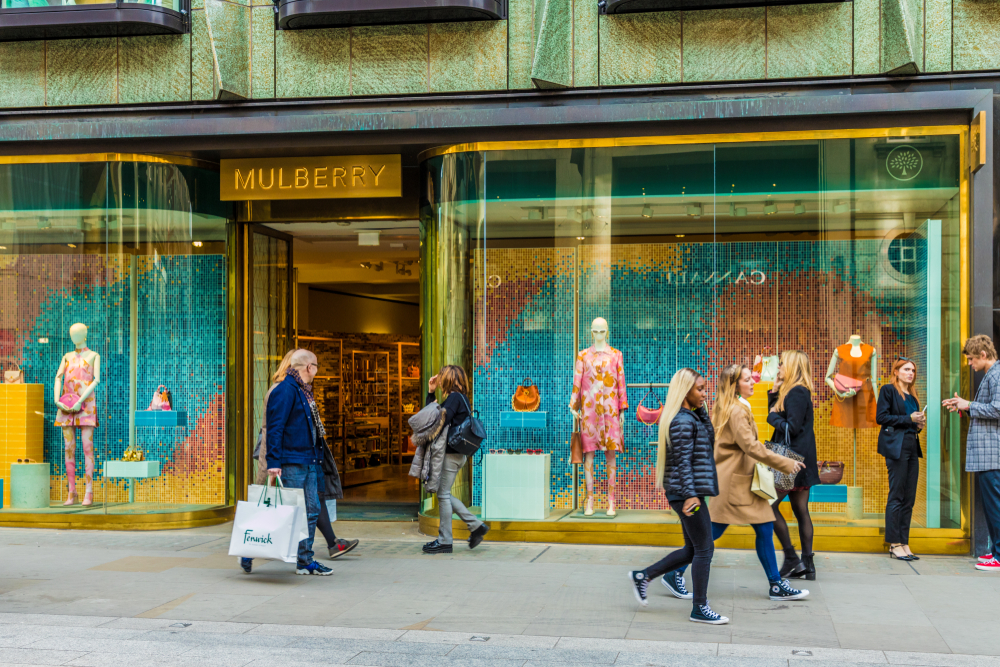
It’s also had a “clear adverse impact” on the sales at Liberty, the department store’s chief executive Adil Mehboob Khan explains, adding that the impact is “particularly noticeable” among sales advisors who earn commissions.
“While we are ahead of 2019 in domestic UK spend, sales to international visitors remain significantly behind the levels we were achieving before the pandemic,” he says.
“We are hurting less than retailers that have traditionally relied on international visitors [but] even at Liberty, we are held back and missing out on international tax-free shoppers that tend to make a higher than average spend.”
Similarly, Watches of Switzerland Group chief executive Brian Duffy revealed performance at the brand’s showrooms in Heathrow and Gatwick were still only “40% to 50% of what it was”.
The lack of tourist spend at airports is also being felt by luxury retailer Harrods.
Managing director Michael Ward told The Telegraph earlier this month that the retailer had been forced to “reshape the whole of the price architecture” in its airport stores, swapping some of its most expensive handbags with £250 versions.
Is the UK really at risk of falling behind?
Athron warns the full impact of the end of tax-free shopping on the retail industry “has not yet been felt”.
“The weak pound and the King’s Coronation has made the UK an attractive place to visit for overseas tourists up until now, masking the effect of the removal of the VAT benefit,” he explains.
Corsi adds that the UK has been “sheltered” from the true impact due to the “lack of awareness” of its removal among international visitors.
However, the tourists that have picked up on its absence have headed to European cities such as Paris, Milan and Madrid to make their purchases instead.
Tourist spend – once worth £3.5bn in the UK pre-pandemic – has shot up 153% in France in comparison to 2019 with Italy rocketing 141% and Spain 122%, according to tax refund specialist Global Blue.
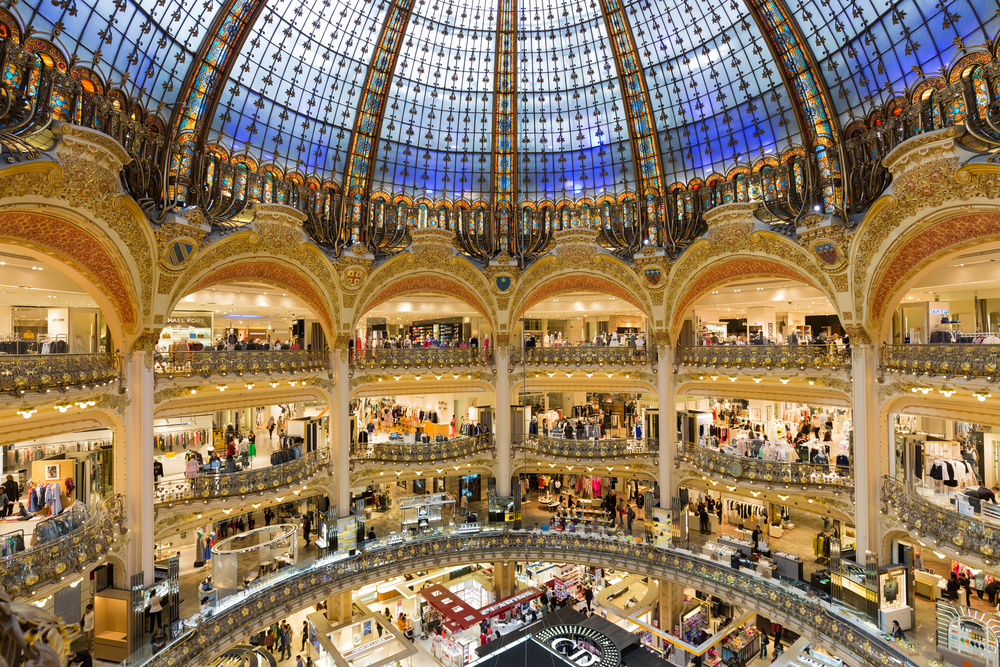
“We have visibility of people who have only ever shopped in the UK,” says Global Blue managing director for UK, Ireland and Finland Derrick Hardman.
“We’re starting to see those people appear in Europe for the first time. These are people who never travelled to these countries or if they did, they didn’t do their shopping there – and now they are,” he says. “The only difference is tax-free shopping”.
And retailers are expecting the situation to worsen.
Khan says: “As time goes on, more and more international customers will compare and learn the competitive disadvantage currently in place in the UK, so the erosion of international customers may well worsen.”
The migration of shoppers has quickly seen the UK become the “black sheep” of Europe, states Jigsaw chief executive Beth Butterwick.
Meanwhile, European cities are vying to capitalise on London’s lack of competitiveness.
France has made it easier for visitors to reclaim their VAT before returning home with initiatives including booths at Gare du Nord station.
Hardman points out that retailers abroad “particularly the department stores in Spain and Italy, have [also] been quite proactive in advertising tax free shopping to UK travellers”.
Is change on the horizon?
There is a clear difference between the government’s calculations and the CEBR’s about the true cost/benefit of tax-free shopping.
The £2bn taxpayer saving figure put forward by the Treasury is up for discussion at next week’s parliament debate, with MPs and industry leaders calling on the department to review its research.
Data from New West End Company shows that visitors from the United States and the Gulf region have cut their spending in London’s West End by 1% and 17%, respectively, in the three months to June compared to the same period in 2019.
The diversion of spend is also apparent in data from Burberry’s third-quarter update which shows that sales to American visitors jumped 102% on pre-pandemic levels in Europe but were only up 63% in the UK, while sales to visitors from the Middle East had rocketed 122% in Europe but only 14% in the UK.
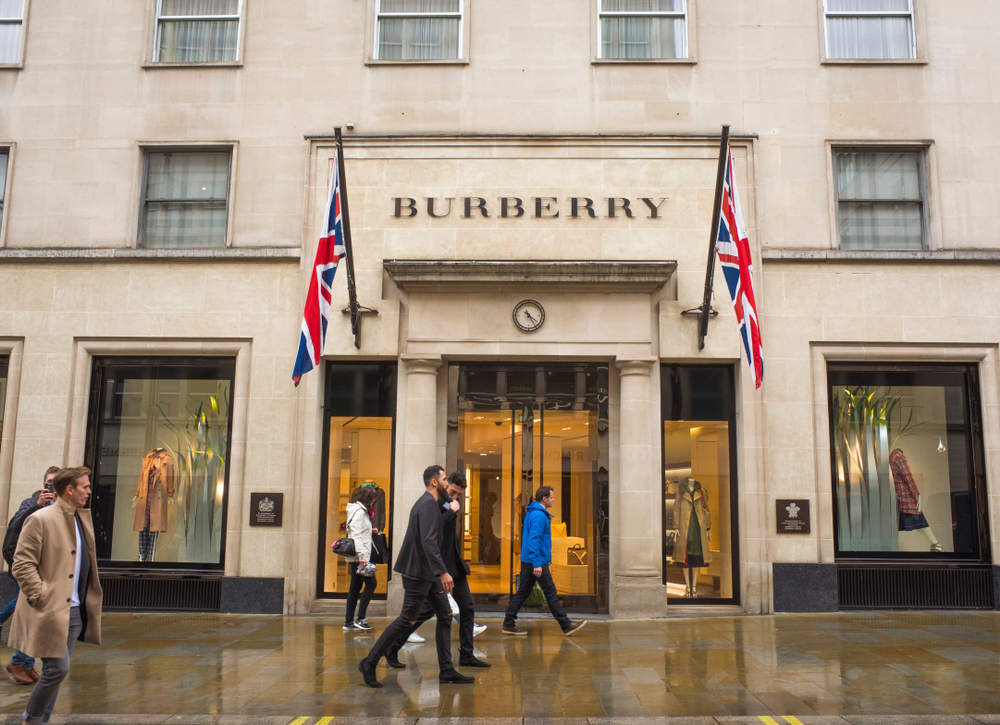
Corsi argues: “Instead of being able to benefit from a surge in post-pandemic tourism, as Paris, Milan and Barcelona are, we are running just to keep pace.”
“In the long-term, this will force businesses to make tough decisions about staffing and investment in the UK.”
Are there any alternatives to VAT-free shopping that the UK could adopt?
The government has remained firm on its stance against tax-free shopping so far but Burberry revealed in July that ministers were keen to address the problem of waning tourist spend.
In a bid to meet government officials halfway, the luxury fashion house suggested offering wealthier tourists vouchers instead of VAT refunds.
CFO Ian Brimicombe said the options being discussed included “a replacement scheme which would provide tourists with a similar incentive – that could take different forms of cash, voucher, credit, whatever it might be”.
However, Khan says: “For any alternative scheme to be effective, it will need to compete with the value that these high-spending customers place on the benefit of tax-free shopping.”
Despite the alternatives on the table, Fortnum & Mason’s Athron argues the government should simply reinstate VAT-free shopping.
“The business case is very clear, the follow-on spend and increased footfall – and resulting tax take – would more offset the lost VAT,” he says.
“We operate in an increasingly competitive world, where the world’s finest cities are all vying for the attention of a savvy and discerning travelling customer, and we know that the VAT rules play a part in the choices they make.”
Similarly, Hardman says: “It’s a quick policy that could be introduced and would have an immediate effect as soon as it was up and running.”
“A lot of people like shopping in London, it’s a great showcase for world brands and buying British brands in Britain – there’s a there’s a real kudos to that,” he says, pointing out that many tourists even take photos outside of stores like Burberry’s Regent Street branch.
The Parliamentary debate is an opportune moment for the Government to announce its intention to review the removal of tax-free shopping.
It could be the first step towards leveling the playing field with the UK’s counterparts on the continent.
Click here to sign up to Retail Gazette‘s free daily email newsletter

